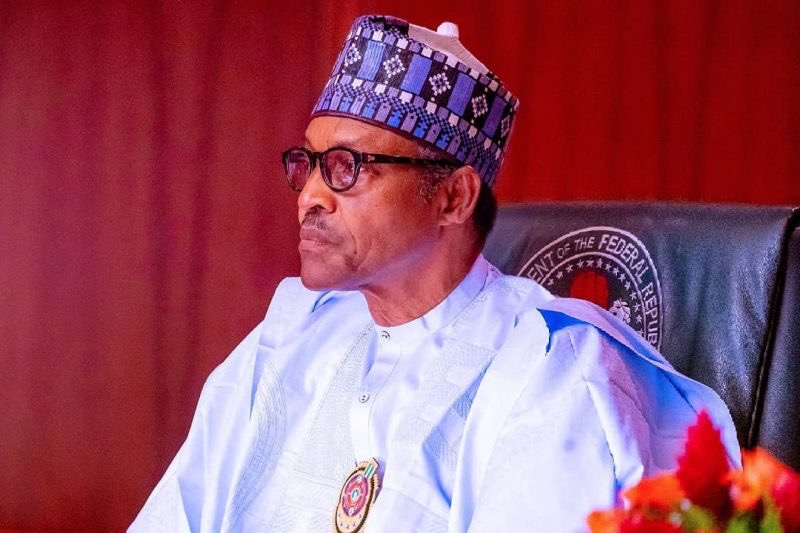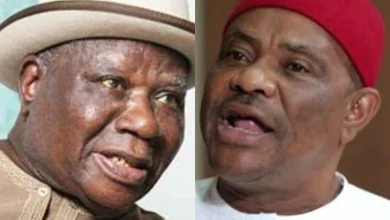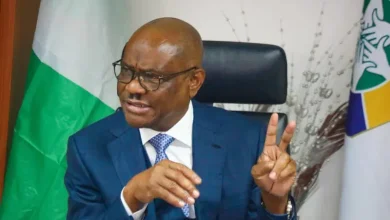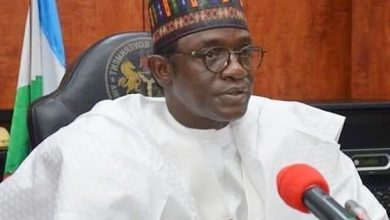Nigerian Economy Enters Second Recession In Five Years

….It is the nation’s second recession since 2016, and the worst economic decline in almost four decades.
The Nigerian economy has slipped into its second recession in five years as the gross domestic product contracted for the second consecutive quarter.
The National Bureau of Statistics announced Saturday the nation’s GDP recorded a negative growth of 3.62 per cent in the third quarter of 2020.
The country had earlier recorded a 6.10 per cent contraction in the second quarter.
It is the nation’s second recession since 2016, and the worst economic decline in almost four decades.
The Nigerian economy has been battered by the coronavirus pandemic, which caused a significant decline in oil revenues as global economic activities stalled for months.
Exposed!! Popular Abuja doctor revealed how men can naturally and permanently cure poor erection, quick ejaculation, small and shameful manhood without side effects. Even if you are hypertensive or diabetic . Stop the use of hard drugs for sex!! It kills!
Crude oil accounts for nearly 90 per cent of Nigeria’s foreign exchange earnings although it contributes less than 10 per cent to the GDP. It contributed just 8.73 per cent to the economy in the latest report.
Oil production fell to 1.67 million barrels a day from 1.81 million barrels in the previous quarter, according to Bloomberg figures, the lowest since the third quarter in 2016 when the economy last experienced a recession.
The World Bank forecast the Nigerian economy will contract by 3.2 per cent in 2020, assuming the spread of COVID-19 is contained by the third quarter. The International Monetary Fund forecast a contraction of 4.3 per cent.
Before the pandemic and its attendant disruption, the Nigerian economy was expected to grow by 2.1% in 2020.
The pandemic as well as border closure have seen the country record sustained inflation for more than two years, with the October figure of 14.25 per cent the highest in the last 30 months.
The Central Bank of Nigeria in September cut interest rates to 11.5 per cent to help boost borrowing and support the economy. It was the second reduction in months.
The latest development is likely to trigger a further cut of the policy rate. The monetary policy committee, which sets the rate, is to beging its two-day meeting on Monday.




